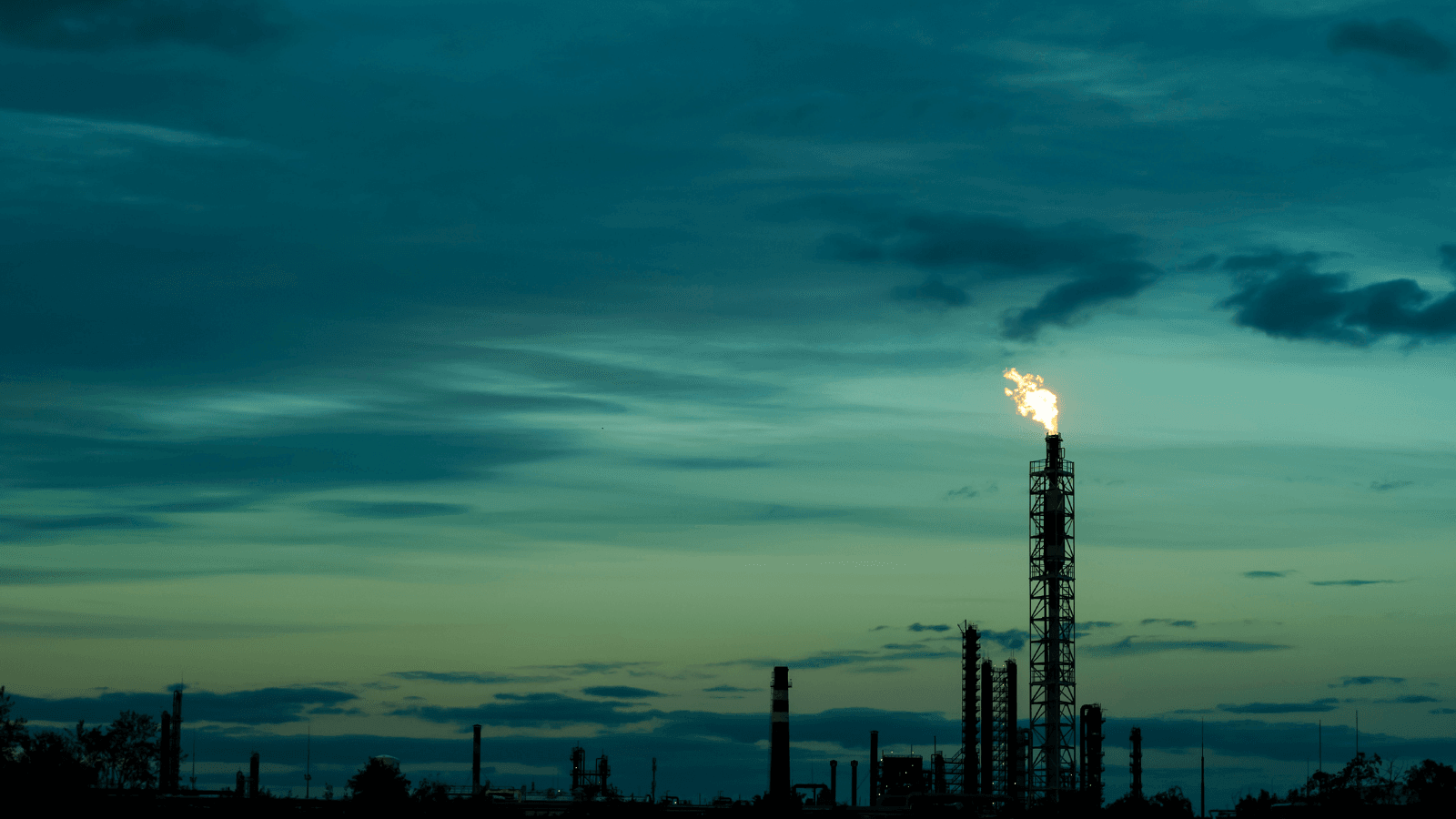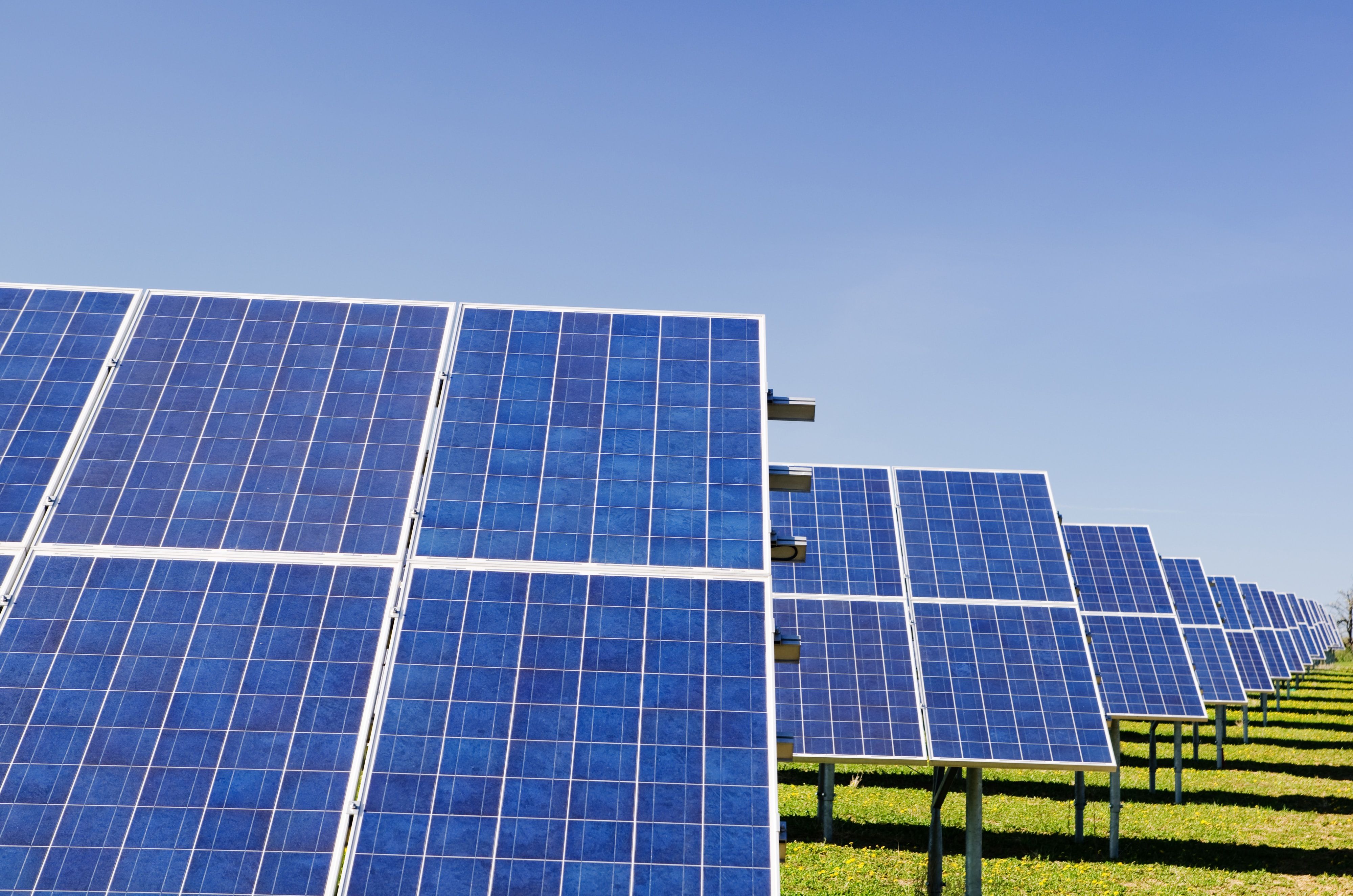
The following is the written testimony of YECA National Organizer and Spokesperson Tori Goebel from the EPA Oil and Gas Public Hearing held on November 30, 2021:
"Thank you for the opportunity to speak out today about the urgent need to reduce harmful methane pollution from new and existing sources.
My name is Victoria Goebel and I am the National Organizer and Spokesperson for Young Evangelicals for Climate Action.
YECA has engaged over 25,000 young Christians who have taken action to address climate change as a key part of our faith. We are called to love God and love our neighbor, and that includes taking action to reduce harmful methane pollution that has lasting impacts on public health and our climate system.
The very mission of the EPA is to protect human health and the environment, and it is imperative that the EPA utilize its authority and responsibility to cut pollution from the oil and gas industry. Methane is a potent and dangerous greenhouse gas that is 86 times more powerful than carbon dioxide over 20 years. Climate change is already impacting communities and it will only get worse if we do not swiftly reduce emissions. According to the Intergovernmental Panel on Climate Change, reducing short-term pollution, including methane, can help to significantly limit warming to 1.5 degrees celsius above pre-industrial levels.
In addition to climate benefits, reducing pollution from the oil and gas industry will improve public health. As Christians, we want our neighbors to live safe, healthy lives free from the devastating impacts of pollution. Fugitive, unchecked emissions include a variety of health damaging agents like benzene. This pollution is known to lead to an increased risk of cancer, immune system damage, and neurological and reproductive problems. Over 85% of the medical studies that have evaluated the gas industry’s impact on health find that that emissions from oil and gas facilities harm the health of both children and adults – including heart failure, asthma, and the exposure to known carcinogens.
Children are especially vulnerable and will face impacts like worsened asthma and impaired lung development. Studies show that simply living within a half-mile radius of natural gas development leads to increased negative health outcomes. This isn’t just an isolated or rare problem. 2.9 million children attend a school located within 0.5 miles of an oil/gas facility and 12.6 million Americans households are also within that radius. Additionally, one in three people live in a county with oil and gas production and are at risk of exposure to these dangerous, even life threatening, pollutants.
Addressing climate change and improving public health by cutting pollution is a matter of justice. The impacts of toxic pollution and climate change fall disproportionately on Black communities, communities of color, low-income communities, and Tribal and Indigenous communities.
Combined, the two proposed standards would save $6.6-$9.2 billion in avoided health costs and loss of life. I am thankful for this hopeful news, and the proposed standards could be improved by incorporating the following suggestions:
- Implement a ban on routine flaring except in emergency situations.
- Implement annual inspection for sites below 2 tons per year (tpy) of methane emissions.
- Require a time limit to replace all pneumatic valves and actuators.
- Develop a process for the incorporation of monitoring data from third-parties.
- Institute quarterly inspection via Leak Detection and Repair procedures of all wells with 2 tons per year (tpy) or greater of methane emissions. (This recommendation is based on the EPA’s own conclusion in the proposed rule, which states that semiannual or quarterly monitoring at sites with baseline methane emissions of 2 tpy would be cost effective.) Given this conclusion, YECA recommends that the proposed 3-tpy-emission standard be reduced to 2-tpy-emissions and that the frequency of inspections be increased to quarterly.
We believe methane must be controlled throughout the entire process- including transportation and distribution- because it is dangerous and harmful at every stage. Left unchecked, gas company negligence leads to leaks and other dangerous situations for entire neighborhoods. Not too far from where I live, three towns in Massachusetts’ Merrimack Valley were devastated from a series of fires and gas explosions in September of 2018. These gas explosions killed one teenager, injured 22 others, and damaged over 130 homes and businesses. The National Safety Transportation Board concluded that inadequate management and poor oversight led to the disaster.
The health and climate impacts of methane pollution require proper accountability for the companies failing to protect the communities they operate in. It is time to care for our neighbors by implementing strong, comprehensive methane standards for new and existing sources.
Thank you."
Join with YECA in speaking out and submit your own comment to the EPA here.

